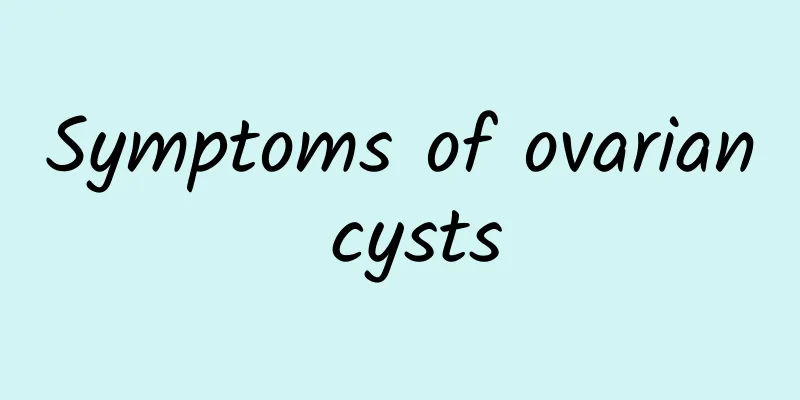What causes threatened miscarriage?

|
Threatened abortion is a condition that pregnant women need to be vigilant about. Its causes are diverse and complex, and can be mainly attributed to embryonic factors, maternal factors, paternal factors, and environmental factors. 1. Embryonic factors: Chromosomal abnormalities in the embryo or fetus often lead to early miscarriage. These abnormalities may be genetic or may be mutations that occur during the embryo's development. In addition to genetic factors, the development of the embryo, such as deformity and growth retardation, is also directly related to the stability of pregnancy. 2. Maternal factors: Pregnant women with systemic diseases, such as severe infection, high fever, severe anemia, etc., may affect the normal development of the fetus and cause threatened abortion. Endocrine abnormalities, such as luteal insufficiency and hyperprolactinemia, are also potential risks of miscarriage. Pregnant women with reproductive organ abnormalities, such as uterine malformation and intrauterine adhesions, may also hinder the implantation and development of the embryo. 3. Paternal factors: Studies have shown that sperm chromosome abnormalities can lead to spontaneous abortion. Prospective fathers should also pay attention to adjusting their lifestyle during pregnancy preparation and avoid contact with harmful substances to reduce the risk of sperm abnormalities. 4. Environmental factors: Excessive exposure to radiation and chemicals such as arsenic, lead, formaldehyde, benzene, etc. may lead to miscarriage. Pregnant women should try to avoid these unfavorable environments and ensure that the living and working environment is safe and pollution-free. Understanding the causes of threatened abortion is important for preventing and treating this condition. Pregnant women should undergo regular prenatal checkups to promptly detect and treat potential risk factors. In life, pregnant women should also maintain good living habits and mentality, which is also the key to maintaining a stable pregnancy. If any abnormal symptoms occur, seek medical attention immediately to ensure the safety of mother and baby. |
<<: What are the symptoms of endometriosis and how to treat it
>>: Pelvic inflammatory disease can cause menstrual irregularities
Recommend
What is the name of the disease? What is the name of the disease?
What is the name of the disease of uterine fibroi...
Several daily care measures for female pelvic inflammatory disease
Pelvic inflammatory disease must be treated in ti...
How long after myomectomy can I get pregnant
It is generally recommended to wait 6 months to 1...
Attention sports people! In addition to supplementing protein, we should also pay attention to what amino acids we eat
For those of us who exercise regularly, whether i...
What to eat is good for uterine fibroids. Uterine fibroids are most afraid of three kinds of exercise.
What to eat is good for uterine fibroids. Uterine...
Losing weight and having loose skin makes you look old? 4 points to firm your muscles
[Key Points]: Losing weight is the dream of many ...
How much does it cost to have surgery for congenital absence of vagina?
How much does it cost to have surgery for congeni...
What are the symptoms of incomplete medical abortion? See what the doctor says
Incomplete medical abortion can have a great impa...
Healthy and slim without fat accumulation! How to Eat Phytonutrients
Eating too much oil and too much food will not on...
How much does it cost to treat cervical erosion?
How much does it cost to treat cervical erosion? ...
What to do if an ovarian cyst ruptures? Are there obvious symptoms?
What should I do if my ovarian cyst ruptures? Are...
Women should pay more attention to the common symptoms of chronic cervicitis
Cervicitis is a common disease among women of chi...
Which hospital is good for treating uterine effusion?
According to current information, there are more ...
What changes will chronic cervicitis cause in women's cervix?
What changes will chronic cervicitis cause to a w...
Are people who eat with chopsticks thinner? Research: It’s true!
The staple food of Asian countries is almost alwa...









